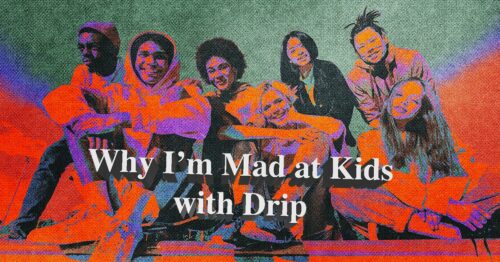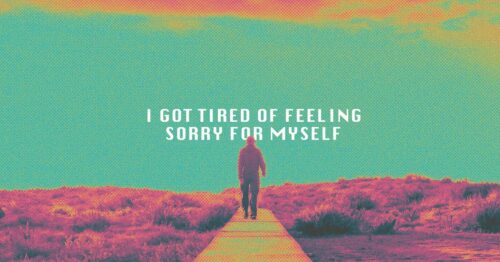Dry December proved a good choice
It was a precarious time to give up drinking in the middle of December. But it was time; I had been putting it off for far too long. I have always been a bit of a binge drinker, but the months leading up to the Christmas holidays were particularly depraved. Hangovers and the ensuing physical and emotional agony became a part of my weekly routine. I gained weight, I wasn’t in a great place mentally and my personal relationships were suffering. Alcohol wasn’t doing me any favors, other than some momentary, superficial euphoria. But more than anything, drinking had become a bad habit, an ingrained way of life for me. So when Dry December came around, I knew it was time to get sober for a bit.
RELATED: Dry January: The Benefits of Starting the Year Sober
This would be more challenging than Dry January since December is generally the most festive time of the year—a time that is defined by excess in the form of nonstop Christmas-themed revelry. I couldn’t wait until the new year, so I decided to stop drinking indefinitely on December 1st. One month of stone-cold sobriety brought about by Dry December later, here’s what I learned:
- Finding a go-to non-alcoholic beverage at social functions serves as quite an effective placebo. Generally, I would nurse sparkling water with lemon or, occasionally, heavily iced Coke Zero. I found that just by having a drink in hand, I felt less awkward and more social at parties. I was also considerably less obnoxious than I would be when lubricated with alcohol and left social functions feeling generally good about myself.
- Much lower levels of anxiety. It’s no secret that alcohol is a depressant, but it manifests in extreme anxiety in individuals who are already prone to anxiety, such as myself. Not remembering things from the night before, worrying that I did or if I said something foolish or made a scene is truly a scary feeling–sometimes the fear is highly irrational, sometimes I did truly offend one or more people. Some mornings, I’d get panic attacks. But with no alcohol in my system this past month, the anxiety has mostly disappeared to negligible levels.
- I am far more productive. When I was drinking, I’d virtually have to write off the day after due to extreme lethargy and feeling mentally unstable. But with no hangovers, I am able to accomplish a lot more in the day, whether it's exercise or work or getting other general things done. I’ve essentially added more days to the calendar of my life.
- I’ve lost weight. Because I’m not hungover and therefore ravenous, I don’t binge eat anymore. This has improved my overall wellness levels, in addition to shedding a few extra pounds and bloat. I feel generally healthier; my skin and sleep patterns are also in better shape now than when I was off the wagon.
- I feel great, physically and mentally! It may sound somewhat corny, but waking up to no weekend hangover is an excellent feeling in itself and a true morale boost. Eating cleaner, less anxiety and better sleep were also major factors that improved my overall health as a result of sobriety. I can actually have tangible plans the day after a dinner or a party, and I don’t have to worry about getting home, since I can actually drive myself. Not drinking is truly a liberating feeling.
RELATED: How To Cure A Hangover 101
One month has effectively been ticked off the box. What now? With all the positive effects alcohol abstinence has had on me, I think I’ll keep this streak going for as long as I can.
Words Art Vandelay
Art Matthew Ian Fetalver


















